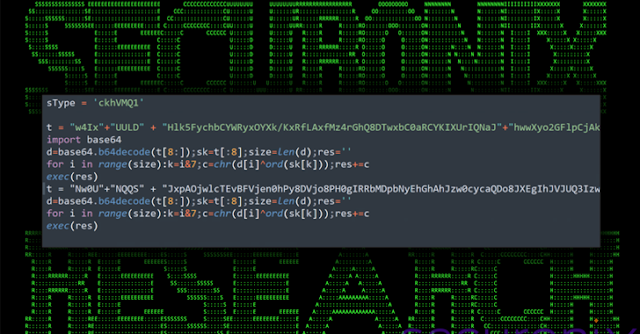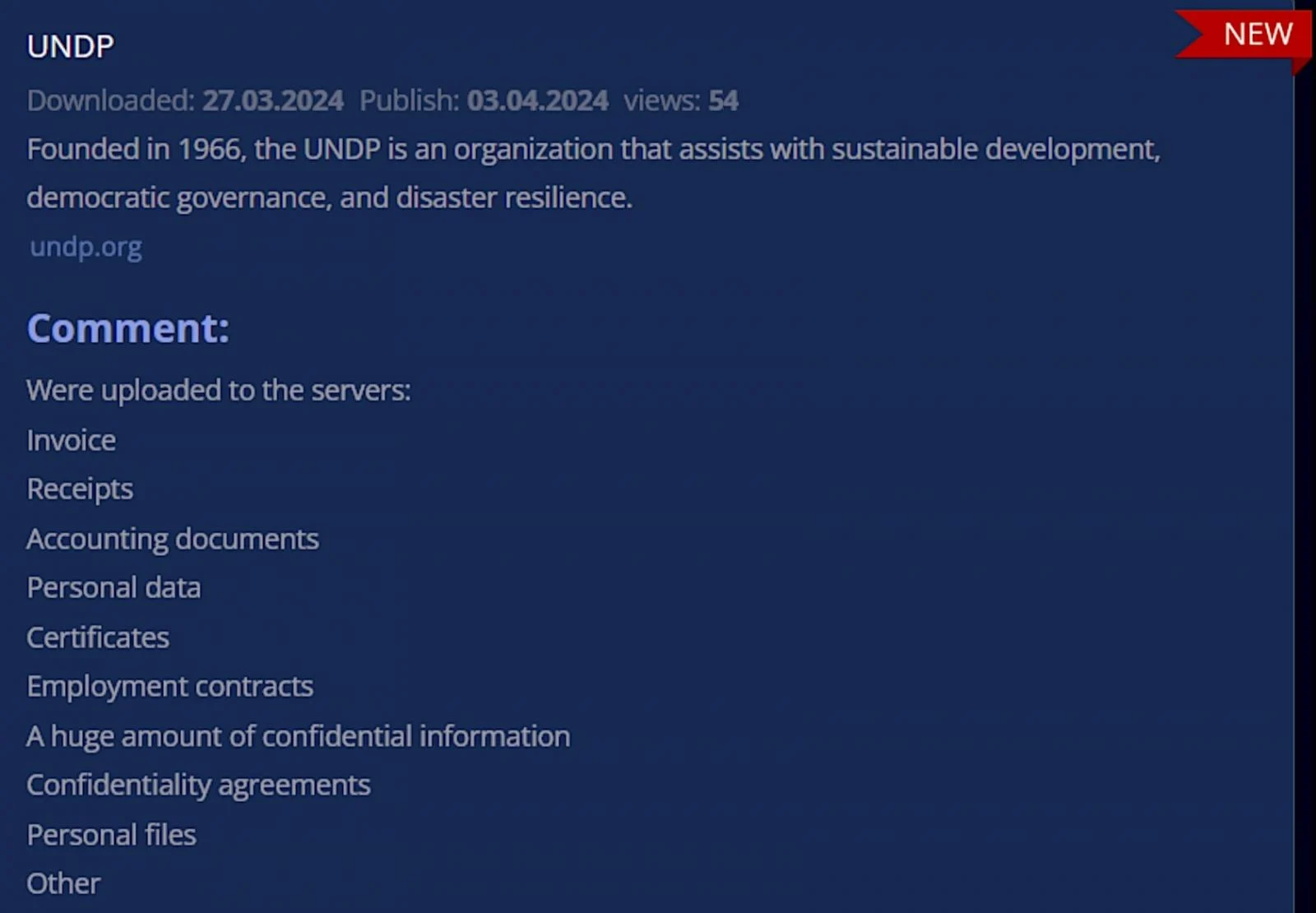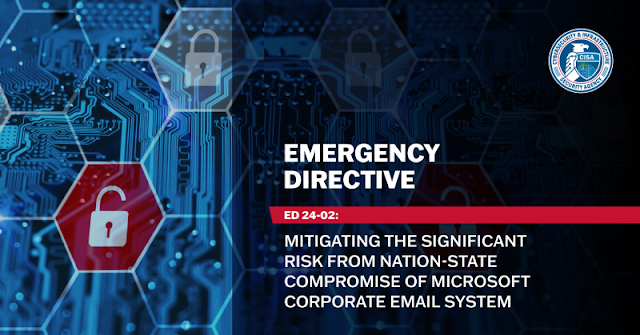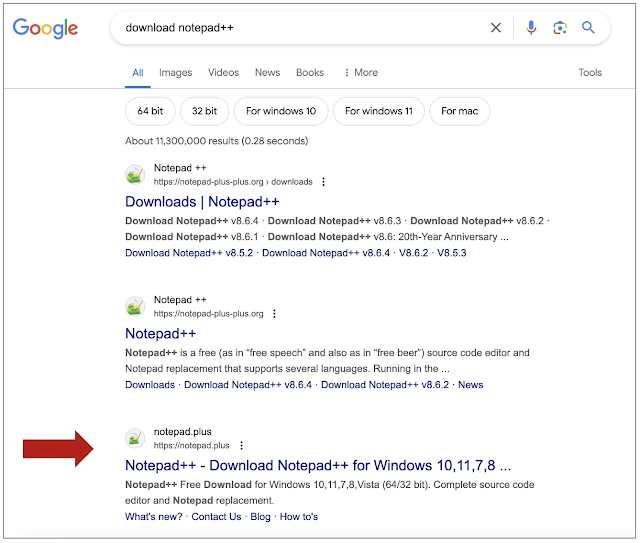Bogus npm Packages Used to Trick Software Developers into Installing Malware

An ongoing social engineering campaign is targeting software developers with bogus npm packages under the guise of a job interview to trick them into downloading a Python backdoor. NPM is a package manager for the JavaScript programming language maintained by Microsoft's npm, Inc. npm is the default package manager for the JavaScript runtime environment Node.js and is included as a recommended feature in the Node.js installer. Wikipedia Cybersecurity firm Securonix is tracking the activity under the name DEV#POPPER, linking it to North Korean threat actors. "During these fraudulent interviews, the developers are often asked to perform tasks that involve downloading and running software from sources that appear legitimate, such as GitHub," security researchers Den Iuzvyk, Tim Peck, and Oleg Kolesnikov said . "The software contained a malicious Node JS payload that, once executed, compromised the developer's system." Details of the campaign first emerged in l








